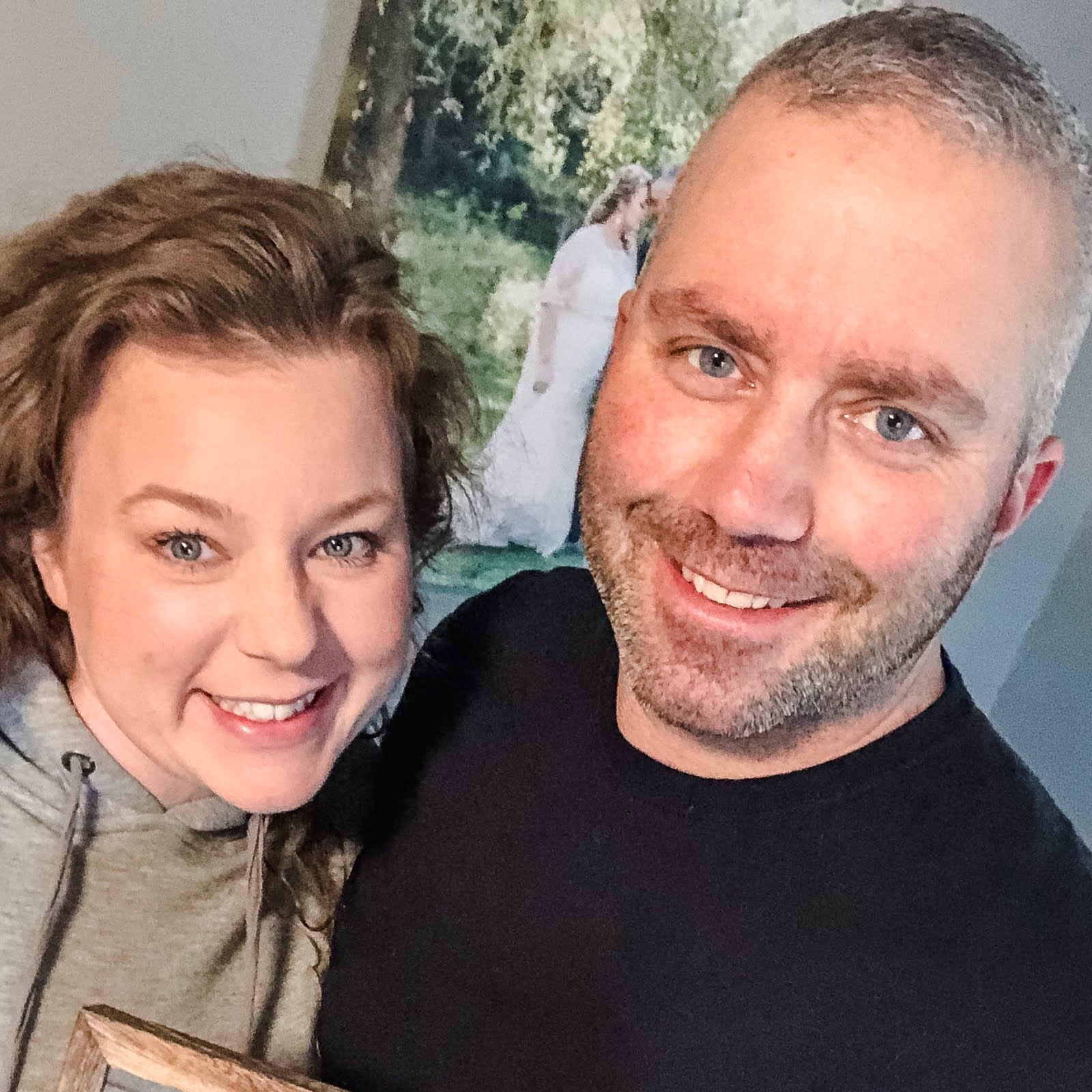Featured :: New York Post
Another COVID-19 fallout: Fertility treatments and new life on hold
Heather Wirsing and her husband, Michael, started trying for a baby in 2016, long before the world had ever heard of COVID-19. But it was this year’s pandemic that made for a devastating detour on their fertility journey.
The couple, who live in Naugatuck, Conn., tried to get pregnant naturally before seeking medical assistance, initially with Heather’s OB-GYN, in 2017. In 2018, the couple met with Dr. Claudio Benadiva at the Center for Advanced Reproductive Services at the UConn Health Center in Farmington, Conn., and decided to try in vitro fertilization (IVF).
Heather, who works as a wedding photographer, spent a year losing weight to lower her body mass index (BMI) to meet the criteria for the procedure. This January, after shedding 85 pounds, the couple began IVF.
In February, Heather’s egg retrieval yielded seven eggs, of which two — a boy and a girl — were successfully fertilized and made it past Day 5, the crucial stage for embryos. Preimplantation genetic testing determined that the boy embryo was “normal” but the girl had potential abnormalities. The couple was scheduled to transfer the male embryo in March, but just five days before the appointment, their clinic shut down due to COVID-19
“It was terrible. It was the worst day of my life,” said Heather, 37, of learning she would have to put her plans on hold. “It was a gut punch for me.”
On March 17, the American Society for Reproductive Medicine (ASRM) issued a number of guidelines for fertility care amid the pandemic, including the suspension of most treatments, including new IVF cycles, and suggested doctors “strongly consider cancellation of all embryo transfers, whether fresh or frozen.”
“Given what we know, as well as what we don’t, suspending non-urgent fertility care is really the most prudent course of action at this time,” Ricardo Azziz, CEO of the ASRM, said in a statement. “This is not going to be easy for infertility patients and reproductive care practices.”
For Heather and others like her, pausing fertility treatment was far from “easy.”
“For many women, the ability to wait is a luxury they can’t afford,” said Dr. Brian Levine, the founding partner and practice director at CCRM Fertility New York in Midtown.
In May, Heather was able to resume treatment.
“I was like, ‘Get me in there. Let’s do this, I’ve waited long enough,’ ” she said. The next month, she had the embryo transferred, but due to COVID regulations, her husband wasn’t able to be there. “It sucks,” she said. “That’s a really big part of it. It’s his baby as much as mine.”
The transfer resulted in a pregnancy, but it ended in a miscarriage after six weeks. When Heather underwent an ultrasound that confirmed the heartbreaking news, her husband could not be there with her then, either.
The Wirsings did another round of IVF this summer. Again, Heather had to go it alone. When she woke up from anesthesia, she FaceTimed with her husband, so he could be there when the doctor told her how many eggs they’d retrieved.
“We were trying to make it as personal experience as possible,” she said.
Sadly, this second round of IVF didn’t result in a pregnancy, and Heather is currently undergoing more testing. The Wirsings hope to try another round in 2021.
“We’re not going to give up. It’s the most important thing for us,” said Heather, who writes about her experiences at 1Plus2EqualsYou.blogspot.com. “We’re going to keep going.”
See the feature online here







